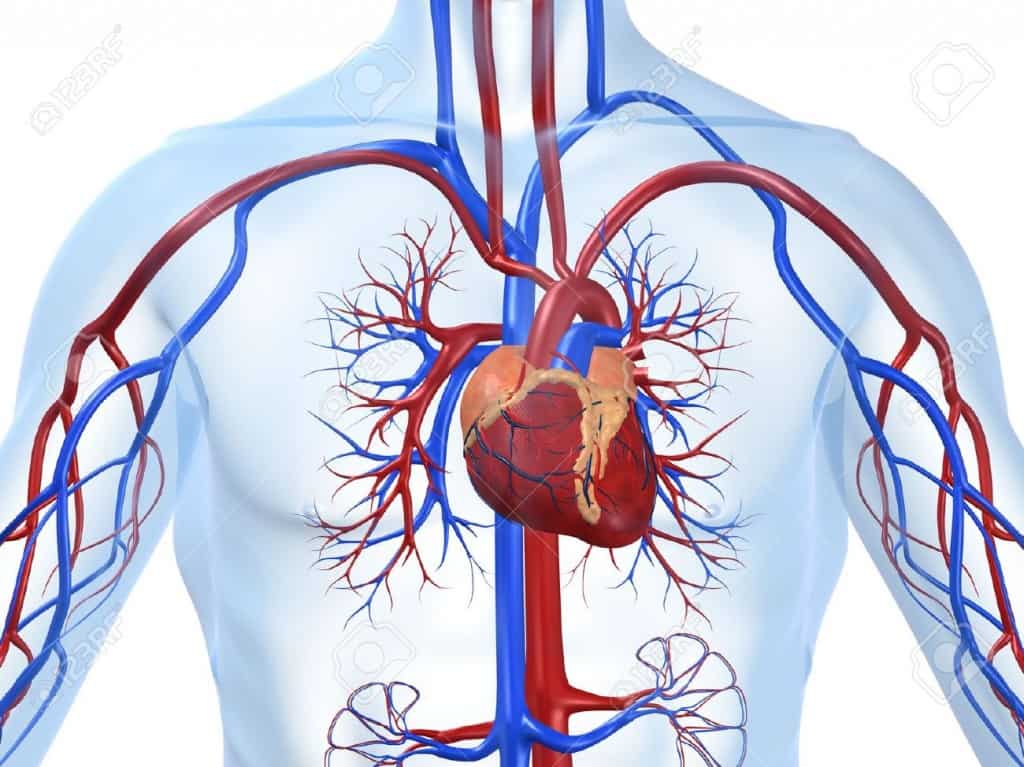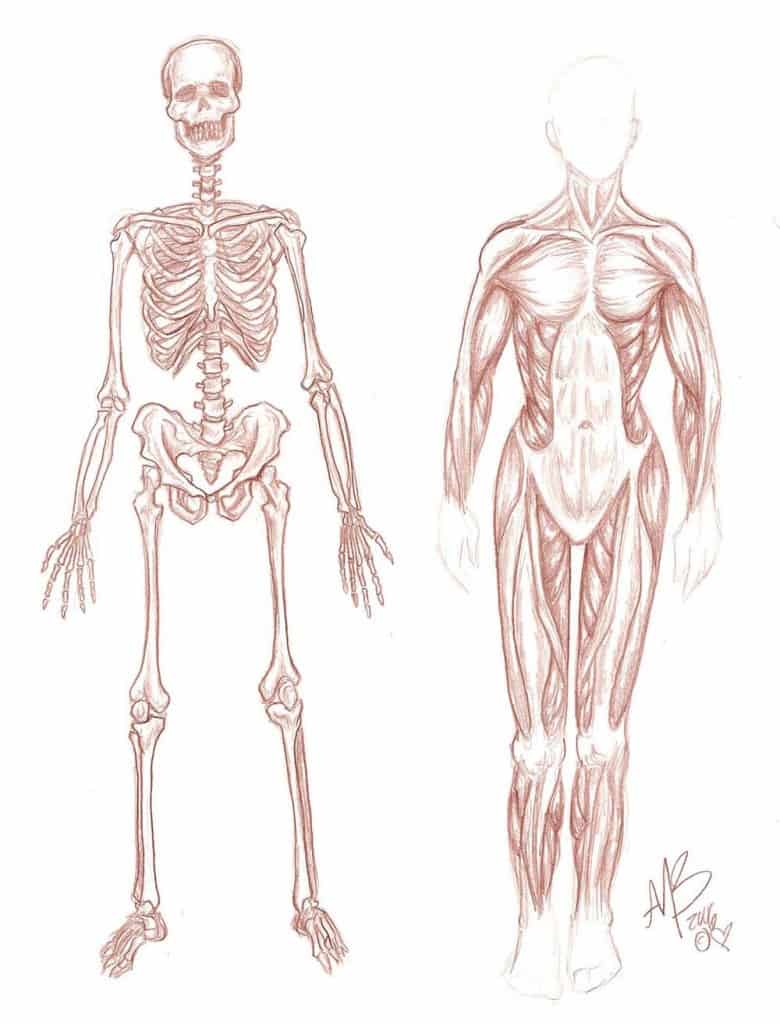Potassium just like any other mineral has immense health benefits for our bodies. Just like its counterparts iron, which is needed for the efficient transportation of oxygen in the body, potassium is also crucial for the proper functioning of major body organs all aimed at helping you achieve your life expectancy. According to research conducted by health experts, every living, breathing adult needs at least 4.7 grams of potassium per day in order to properly function.
The presence of high amounts of potassium has been proven to be healthy in that its high intake will result in lower risks of dying from stroke, high blood pressure, protection against loss of muscle mass, preservation of bone mineral density as well as reduced cases in the formation of kidney stones. Of great emphasis is that potassium is responsible for regulating fluid balance and controlling the electrical activity of the heart and other muscles as its primary function. This is because potassium is an electrolyte and will therefore help in counteracting the effects of excessive consumption of sodium, therefore, helping maintain healthy blood pressure as well as proper hydration. This property is also important in that it helps maintain acid-base balance. Potassium is also essential for breaking down carbohydrates and proteins to release energy to help you accomplish your daily tasks.
Electrolytes are very important to our bodies in that they are minerals that help maintain our bodies’ ionic balance. This balance is necessary for normal nerve, brain and muscle function. Common electrolytes in addition to potassium and are necessary for the above mentioned functions include magnesium, calcium, phosphate, chloride as well as sodium though in a small quantity.

Blood pressure and cardiovascular health
As stated before, potassium is important for maintaining a healthy blood pressure as well enhancing cardiovascular health. This is attributed by the fact the presence of low potassium in our body system is associated with cases of high blood pressure and cardiovascular disease. Presence of excess sodium which essentially results from excessive consumption of table salt results in a disease known as edema. As a result your body cells will retain excess fluids therefore resulting in the swelling of limbs. Excess sodium will also make your heart muscles to overwork which might result in cardiovascular diseases such as stroke due to the weakening of the heart muscles. The presence of a healthy presence of potassium will therefore neutralize the sodium and tone down its effects. Despite an increase in the intake of potassium any health expert will encourage you to minimize salt intake in your dietary practices in order to lower cases of high blood pressure and cardiovascular diseases.

Bone and muscle maintenance
The intake of foods rich in potassium is also crucial for a healthy maintenance of the bones and the muscles. This is because food rich in potassium are great in promoting an alkaline environment responsible for neutralizing acidity in the body unlike their counterparts intended to enhance to an acid-base balance in the body.
Acidity in the body is usually caused by such foods as meat, dairy and processed cereal grains triggering metabolic acidosis. As a result, nitrogen excretion will be experienced leading to loss of essential bone minerals and muscle wasting. A healthy intake of potassium will therefore help one maintain a healthy pack of lean muscles accompanied by an increase in bone density.
